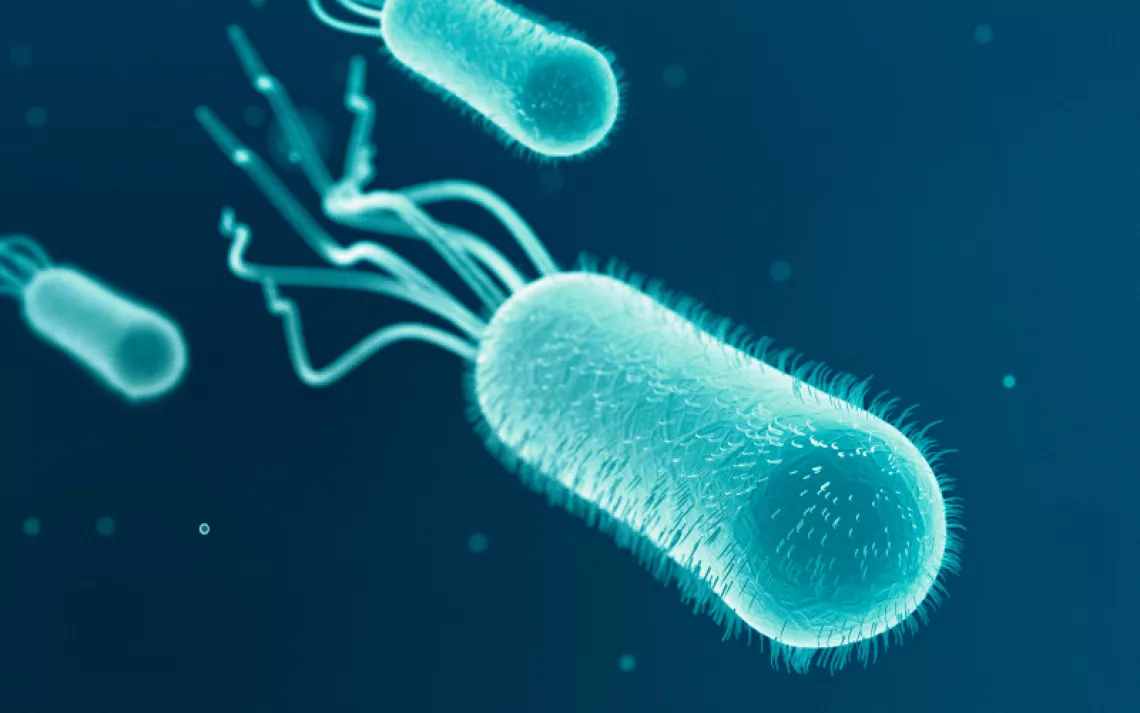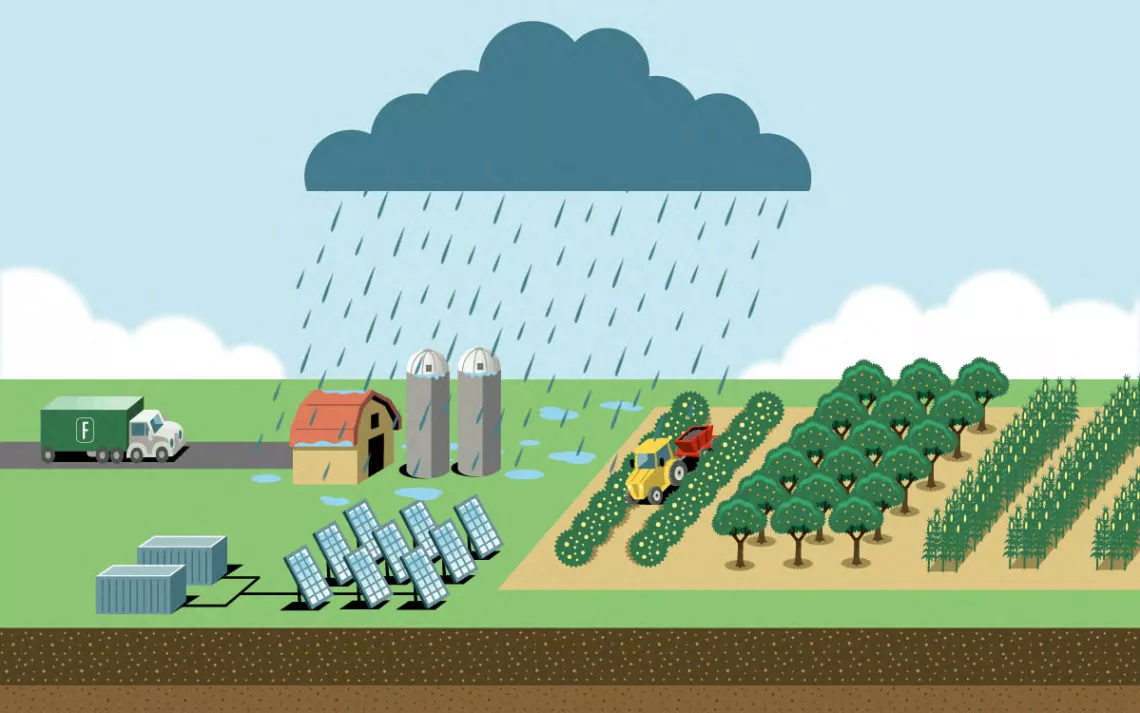Can Bacteria Solve All Our Problems?
From generating engine-ready propane to warding off disease, bacteria is the latest hero in science.

Photo by iStockphoto/luismmolina
Feeling Gassy
E. coli bacteria live where the sun don't shine, and when they come out to play, it usually has unhappy results--like food poisoning. But by modifying 8 of the more than 4,000 genes that make up the bacteria's genome, scientists from London's Imperial College and Finland's University of Turku have convinced one type of E. coli to generate engine-ready propane instead of the usual stinky fatty acids. The scientists say their approach would be more cost-effective and energy-efficient than using algae to generate biodiesel. Propane, argues researcher Patrik R. Jones, has the advantage of starting out as a gas, which means it doesn't have to be manually separated from the bacteria that made it. At the same time, the fuel can be easily converted to liquid for transportation and storage.
Bacter the Future
Gemma Reguera, a microbiologist at Michigan State University, has been studying how Geobacter, a genus of soil microbe, can keep radioactive metals like uranium tailings from contaminating groundwater. Colonies of the bacteria create a slime in which their hairlike appendages, a.k.a. nanowires, weave together in what Reguera calls "a wired network or grid." These nanowires enable the bacteria to add electrons to the uranium, converting it to a form that is no longer water-soluble, while the mesh helps them tolerate levels of radioactivity that would kill an individual Geobacter cell. Once the uranium has been rendered insoluble, it collects in the sediment, whence it can be more easily removed.
Bee is for Bacteria
Widespread overuse is leading to declining effectiveness in antibiotics--and to dangerous superbugs like methicillin-resistant Staphylococcus aureus (MRSA), which sickens more than 80,000 people each year, sometimes fatally. Tobias Olofsson, a professor of medical microbiology at Sweden's Lund University, may have found an antibiotic alternative in the stomach of honeybees. Olofsson has tested the infection-fighting properties of 13 lactic acid bacteria that live in symbiosis with the bees, helping them ward off disease. In the lab, these bacteria have been able to counteract 14 antibiotic-resistant microbes, including MRSA. Honey containing the bacteria has healed horses suffering from infections that had been considered untreatable.
 The Magazine of The Sierra Club
The Magazine of The Sierra Club



